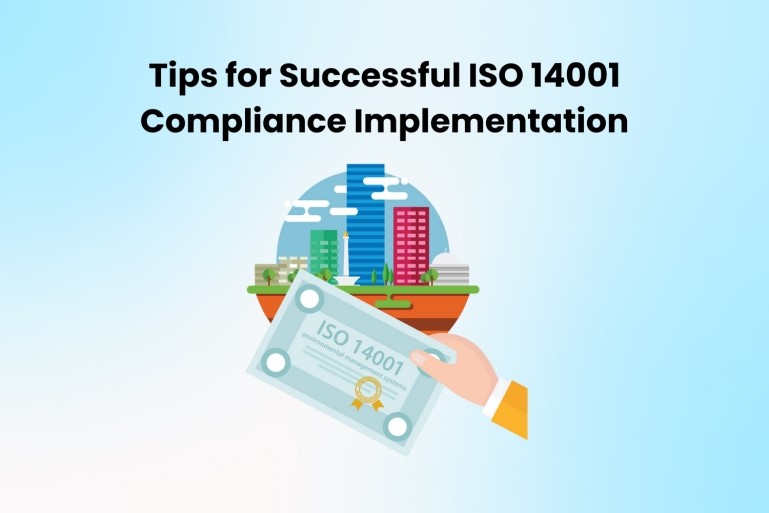Introduction
Off-grid living offers a unique way of life that promises self-sufficiency, reduced environmental impact, and a deeper connection with the natural world. However, achieving success in this lifestyle requires careful planning and investment in the right machines and equipment. Whether you’re considering a remote cabin in the mountains or a self-sustaining homestead, this guide will provide you valuable insights into the essential machines that can make your off-grid living experience both comfortable and sustainable.
Powering Your Off-Grid Home
Solar Power Systems
One of the cornerstones of off-grid living is the utilization of renewable energy sources. Solar power systems are a popular choice, harnessing the energy the sun to generate electricity. Properly designed and maintained, solar power systems can provide reliable electricity for your home’s lighting, appliances, and other electrical needs.
Wind Turbines
In addition to solar power, wind turbines can be excellent source of renewable energy locations with consistent wind patterns. These turbines convert wind energy into electrical power, supplementing your energy needs or serving as an alternative when sunlight is scarce.
Generator Backup
While renewable energy sources are ideal, having a backup generator is crucial for periods of low energy production or unexpected emergencies. Modern generators are highly efficient and can run on various fuels, including propane, diesel, or natural gas.
Water Supply Solutions
Rainwater Harvesting
Collecting rainwater is a sustainable way to ensure a reliable water supply. A well-designed rainwater harvesting system captures and stores rainwater for various uses, such as drinking, cooking, and irrigation.
Well Water Pumping Systems
If you have access to a groundwater source, a reliable well water pumping system is essential. Solar-powered pumps and hand pumps are excellent options for off-grid living, ensuring access to clean water even in remote locations.
Waste Management and Composting Toilets
Composting Toilets
Off-grid living requires a responsible approach to waste management. Composting toilets are an eco-friendly solution that turns human waste valuable compost for garden. They are water-efficient and eliminate the need for traditional sewage systems.
Greywater Recycling
Greywater recycling capture treat wastewater sinks, showers, and washing machines. This treated water can then be used for irrigation, reducing water wastage and contributing to sustainable living.
Sustainable Heating and Cooling
Wood-Burning Stoves
Wood-burning stoves provide an efficient and sustainable way to heat your off-grid home. They can also serve as a cooking appliance, reducing the need for additional kitchen equipment.
Passive Solar Design
Implementing passive solar design principles in your home’s construction can help regulate indoor temperatures naturally. This approach maximizes heat gain during the winter months and minimizes it during the summer, reducing the need for mechanical heating and cooling.
Off-Grid Cooking Appliances
Propane Stoves and Ovens
Propane-powered appliances are a popular choice for off-grid cooking. They are efficient and provide consistent heat, making them suitable for a wide range of culinary tasks.
Outdoor Cooking Options
In addition to indoor cooking appliances, outdoor options like grills, wood-fired pizza ovens, and solar cookers can enhance your off-grid culinary experience and reduce indoor heat buildup during the summer.
Communication Tools
Staying connected to the outside world is essential, even in remote off-grid locations. Modern communication tools, such as satellite internet, two-way radios, and cell signal boosters, can help you stay in touch loved ones and access important information.
Security Systems
Securing your off-grid property is paramount. Remote locations can be vulnerable to theft and wildlife encounters. Install security cameras, motion sensors, and alarms to protect your home and belongings.
Off-Grid Transportation
Consider alternative modes of transportation suitable for off-grid living, such as electric ATVs, bicycles, or even horse-drawn carts. These eco-friendly options minimize your environmental impact while providing essential mobility.
Conclusion
Living off the grid offers a unique and rewarding lifestyle, but it comes with own set of challenges. By investing in the right machines and equipment, you can ensure a successful and sustainable off-grid living experience. From generating your own power to securing clean water and managing waste responsibly, these essential tools and systems are the keys to your independence and success.
In conclusion, off-grid living is not just a dream; it’s reality that be achieved with the right knowledge and equipment. Embrace this lifestyle with open arms, knowing that you have the tools and techniques to thrive independently while minimizing your impact on the environment.
So, if you’re ready on this exciting journey, start planning, investing in the right machines, and take the first step towards off-grid living success. Your self-sufficient and sustainable future awaits. Write for us lifestyle and share your off-grid living experiences and tips with our community!












